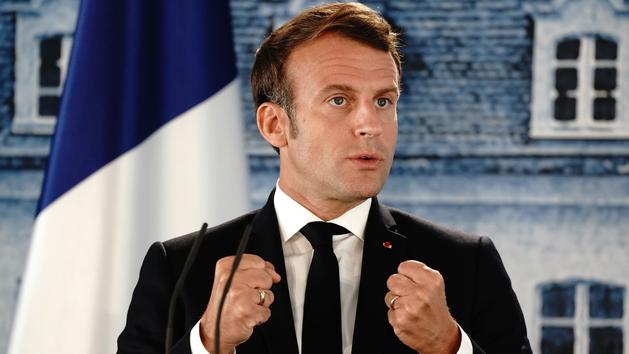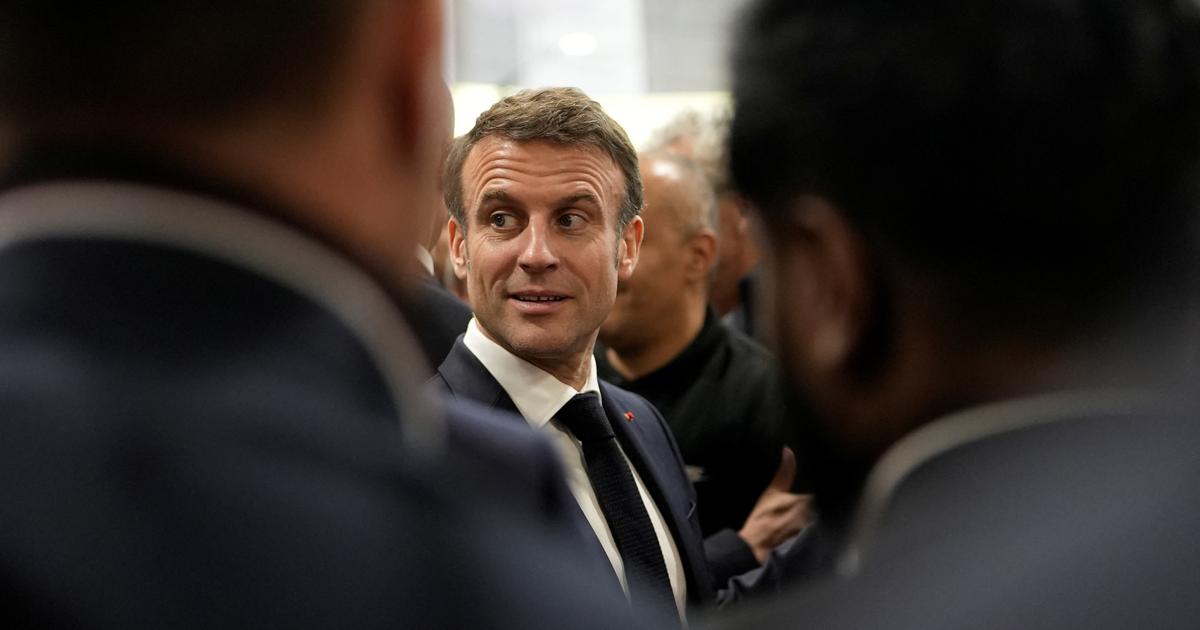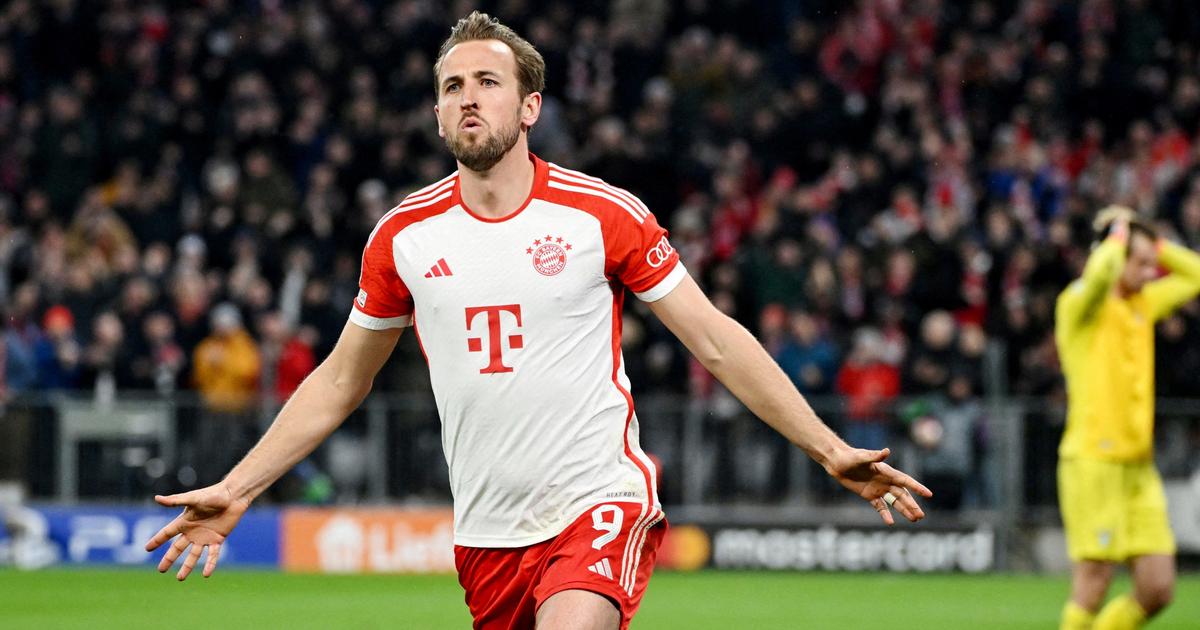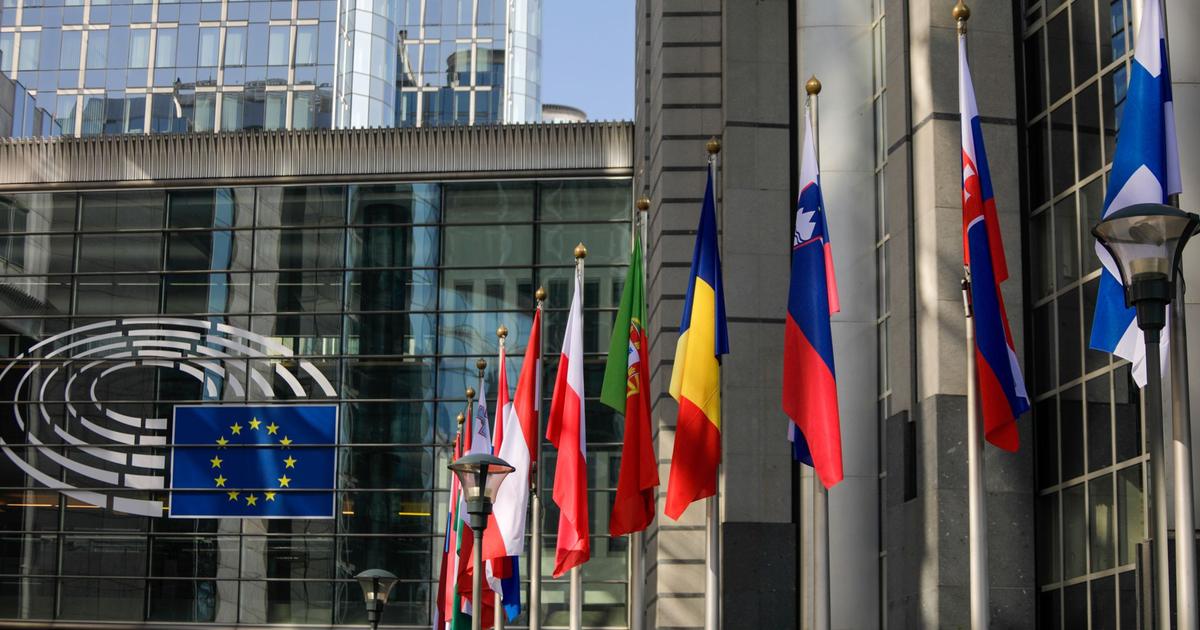Arnaud Benedetti is associate professor at Paris-Sorbonne University. He is editor-in-chief of the political and parliamentary review. He published Le coup de com 'permanent (éd. Du Cerf, 2018) in which he details Emmanuel Macron's communication strategies, as well as La Fin de la com' (éd. Du Cerf, 2017).
FIGAROVOX.- This Castex I government has some surprises in store, but no political “heavyweights” have arrived. Is it a tactical strategy, or is the Head of State doing what he can with the means at hand?
Arnaud BENEDETTI.- This reshuffle is the “breathless” of “at the same time”. Obviously the charm no longer works as at the beginning of the mandate. There are no real political holds. The government parties, the Socialist Party on the one hand, the Republicans on the other, did not give in this time to the attraction of the planet Macron. The few takes are primarily media - Roselyne Bachelot for culture, the talented Dupond-Moretti for justice. They aim to inject a resource that Macronie is so lacking in: personality, charisma in a way. On the merits, notwithstanding the undeniable experience of the two new entrants, they are appointed to prestigious ministries but which are not as hard as the concerns of the French in the post-Covid era. Their arrival has the value of a decoy. It is a blow to camouflage a somewhat readable reshuffle in a way.
Read also: Reshuffle: who are the ministers of the Castex government
The entry of the rhetorician Dupond-Moretti has moreover two meanings: it feeds on the one hand the comments, it stuns the editorialists who already predict the lines of fractures which could be profiled between the tenor of the bar and the magistrates; on the other hand, it brings the “verb” into the theater of a majority whose deficit in this matter is real, not to say sometimes glaring. But the arrival of this tribune and swashbuckler in government involves a non-negligible risk for Emmanuel Macron: opening Pandora's box of tensions with the judicial machine, which we know that relations with politics have always been potentially corrosive, even explosive.
This reshuffle is not a turning point, but the extension of a tropism, that of a consolidation in the center-right of macronism.The French have expressed overwhelmingly their wish for a real turning point in the quinquennium. Will the cast announced this Monday evening allow this changeover, or should we expect only a cosmetic turning point?
This reshuffle is not a turning point, but the extension of a tropism, that of a consolidation in the center-right of macronism. It is the right wing of the majority which in fact emerges reinforced from this sequence. But it is nevertheless a question of saving the original design by implementing in the device some figures, ex-green like Barbara Pompili, or ex-PS like Brigitte Bourguignon, both rallied since the beginning of her adventure to Emmanuel Macron. The risk that the President incurs with this reshuffle is to be reduced to the role of master of appearances. Now an appearance, by construction, is an attempt to divert attention. As a reshuffle, we mainly had a lot of com ', a little engineering of the device in order to take care of the internal balances of the majority and not at all of rupture. Or perhaps a break with the too light Macronie horses, most of the vanguard of which has disappeared. In any case, there is nothing at this stage to predict a change of line. Everything suggests only that we may be less naive, more professional, less adept and less cantor of the claimed amateurism.
What resources does Emmanuel Macron have left to break away from the "permanent coup de com" and reinvest with authority the political terrain? Failing to reinvent a government, can it reinvent itself?
Emmanuel Macron "invented" the idea of his reinvention. It's a narration. If there is reinvention, it is mainly in the desire to reinvent a new electorate according to the circumstances and the balance of power that these induce. To this end and in the post-municipal moment which saw a local thrill on the left and the loss in particular of the sociologies of the large metropolises which had been part of its success in 2017, Emmanuel Macron must take ownership without saying too much the liberal-conservative bloc by gradually imposing by small pointillist touches the feeling that it would be the best bulwark against the left, if it ever came to find a leader realizing the conditions of its unity. And at the same time - which is not an "at the same time" - continue the storytelling of the roadblock to the populists and the National Rally. This is called holding the two ends of the chain. Emmanuel Macron, when he leans to the right reassures the latter against the left and when he waves the "populist threat" bet on the Pavlovism of a part of the same left to, in a last resort, rally to him as best bulwark against the National Rally. He instrumentalizes the right against the left, the left against the National Rally, making the democratic scene a scene fraught with threats of which he would ultimately be the best antidote. The Macronian world, moreover, needs this imaginary of threats that it reactivates at will in order to survive and thus create the impression of its centrality. In doing so, he changes the form of his discourse by crediting the substance of a policy (which does not change) of words which produce the sensation of an evolution, a transformation, a change. To move the semantics is to give pledges to the world of symbols, an offering to the gods of opinion so as not to yield anything on the essential.
The Macronian world needs this imaginary of threats which it reactivates at will in order to survive and thus create the impression of its centrality.You have repeatedly pointed out misconduct in communication here. Is the departure of certain ministers pinned by these controversies a reprimand? Is this the end of the "blunders"?
The President noted that there is a gauge beyond which the acceptability of a certain number of blunders, often repeated, is no longer conceivable. It is clear that himself by his personal communication did not necessarily encourage those around him to better control his words, to more govern his behavior. He permeated his way of being a collective style. The very great outfit of Edouard Philippe, from whom he separated, hollowed out reminded him of a duty of greater control, of sobriety too. But the “blunders” that you evoke are also the product of a double phenomenon: permanent tension, the stress exerted by a media ecosystem (continuous news, social networks, etc.), which nourishes its epidermis with these “incidents”, which can even sometimes lead to fault; but this structural characteristic finds material to develop even more when your political offer no longer attracts experienced human resources. This is one of the dramas of Emmanuel Macron: each reshuffle testifies to its difficulty in renewing, as if he never stopped pulling the same thread worn by a com 'which, failing to speak to opinion first speaks to commentators. The problem is that it shows.









